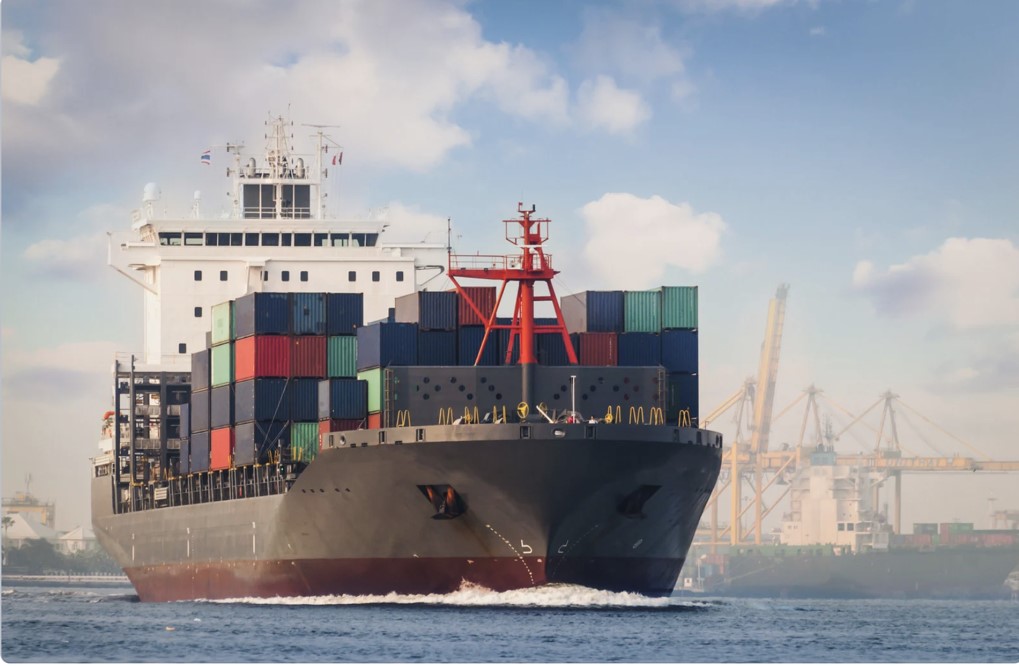 Louisiana has numerous navigable waterways, ocean estuaries, and open seas. Our rich maritime environment provides countless jobs for residents. These include shipyard workers, port employees, land-based engineers, architects, offshore riggers, and more. However, these bountiful employment opportunities come at a cost.
Louisiana has numerous navigable waterways, ocean estuaries, and open seas. Our rich maritime environment provides countless jobs for residents. These include shipyard workers, port employees, land-based engineers, architects, offshore riggers, and more. However, these bountiful employment opportunities come at a cost.
According to CDC statistics, the non-fatal injury rate for maritime workers is roughly five times higher than it is for the average American worker. (These rates inch even higher for fatalities.) Unfortunately, studies also show that most of these accidents result from human error.
Federal admiralty law governs more maritime worker injuries. These rules govern incidents on, over, around, and inside the ocean. You may be entitled to compensation if you were injured in a maritime accident that wasn’t your fault. Here’s what you need to know about non-fatal maritime worker injuries in Louisiana and what the skilled team at Lamothe Law Firm can do to help you get the compensation you deserve.
Who Is a Maritime Worker?
In Louisiana, a “maritime worker” includes both onshore and offshore positions. For example:
Onshore Maritime Workers
• Harbor managers.
• Dock employees.
• Port managers.
• Cargo workers.
• Marine surveyors.
• Transportation coordinators.
• Shipyard workers.
• Marine operations managers.
• Environmental compliance specialists.
Offshore Maritime Workers
• Oil rig roustabouts.
• Drilling engineers.
• Subsea engineers.
• Marine technicians.
• Diving supervisors.
• Platform supervisors.
• Offshore medics.
Common Non-Fatal Maritime Worker Injuries
Both onshore and offshore maritime jobs expose workers to on-the-job hazards. Whether you work at great heights, inside confined spaces, with hazardous materials and machinery, or under questionable conditions, these circumstances can easily lead to human error-related accidents.
Some of the most severe non-fatal maritime injuries include:
Traumatic Brain Injury (TBI)
A severe jolt, blow, or impact to the head affects a person’s cognitive functioning, causing memory problems and confusion. Other TBI symptoms include headaches, dizziness, nausea, balance issues, emotional changes, mood swings, and depression.
Amputation
An amputation happens when a limb is severed from the body, either during the initial accident or as the result of a medically necessary procedure to save that person’s life. These injuries often occur around large machinery, cargo handling, and working with sharp tools in confined spaces.
Back and Spinal Cord Injuries
The spine can twist, bend, break, or get crushed in hundreds of ways while working in a maritime position. These range from minor tweaks caused by improper lifting or awkward postures to serious crushing injuries and paralysis. No matter how severe, a back injury can severely impact your life.
Burns
Skin and tissue damage can result from exposure to hot surfaces, chemicals, electricity, or fire without proper protection. Burns can vary in severity and are typically classified by degree based on their depth.
Other Non-fatal Injuries
• Slips, trips, and falls: walking on wet or uneven surfaces, moving equipment, or trying to catch gear as it falls.
• Strains and sprains: lifting a too-heavy load or trying to lift something at the wrong angle.
• Crush injuries: getting caught under heavy equipment or cargo, particularly during loading and unloading.
• Cuts and lacerations: handling tools, sharp objects, or rough materials without proper gear.
• Eye injuries: exposure to chemicals or other airborne particles without proper eye protection.
• Hearing loss: prolonged exposure to loud machinery or equipment without proper protection.
• Respiratory issues: inhaling fumes or dust from chemicals or cargo.
• Hypothermia or heat stress: exposure to extreme weather conditions, leading to overheating or hypothermia.
• Repetitive strain injuries (RSI): continuous use of the same muscles or joints, leading to long-term injuries like tendonitis.
Are You Entitled to Compensation?
Even minor injuries can substantially affect your life. Maritime accidents leave workers burdened by financial strain, pain and suffering, long-term care, and sometimes death. Fortunately, there are state and federal laws that protect maritime workers.
In Louisiana, employers must compensate employees for on-the-job injuries—regardless of fault. However, workers’ comp doesn’t cover everything. You may be entitled to more compensation if your accident arose from someone else’s fault or negligence.
A Louisiana Personal Injury Attorney Can Help
Humankind has a long, complicated relationship with the sea. While the ocean provides countless jobs and abundant resources, maritime work is dangerous.
If you or someone you love was hurt in a maritime accident, please contact Lamothe Law Firm today for a free consultation. Our team of highly experienced personal injury attorneys will help you pursue your rights, defend your interests, and get you the compensation you deserve.









